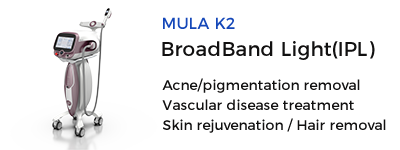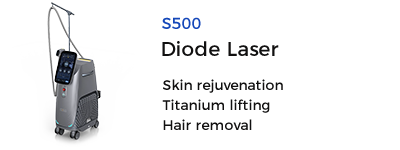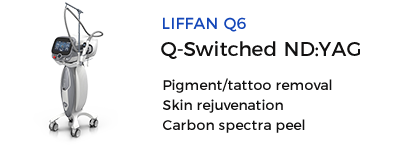Environmental Factors That Can Worsen Acne

Environmental Factors That Can Worsen Acne
Environmental Factors That Can Worsen Acne
Acne is a common dermatological condition affecting millions of people worldwide. While genetics and hormonal changes are well-known contributors to acne, environmental factors can also play a significant role in exacerbating this skin issue. Understanding these factors is crucial for effective acne management. This article explores several environmental factors that can worsen acne, including skin treatment choices like skin whitening treatments, and other influences.
Pollution and Air Quality
One of the most significant environmental factors contributing to acne is air pollution. Pollutants such as dirt, smoke, and industrial emissions can clog pores and create an environment conducive to acne development. These elements form a layer of grime on the skin, which mixes with natural oils and dead skin cells, ultimately leading to breakouts. Ensuring you cleanse your face thoroughly, especially after exposure to polluted environments, can help mitigate this issue.
Climate and Weather Conditions
The climate plays an influential role in the health of your skin. Hot and humid conditions increase sweat production, which can mix with natural oils and bacteria to clog pores. Conversely, cold weather can dry out the skin, leading to an overproduction of oil to compensate, thus causing acne. Using appropriate skincare products for your climate, such as non-comedogenic moisturizers and sunscreens, is essential for keeping acne at bay.
Stress and Urban Life
Living in congested urban areas can lead to increased stress levels and more frequent exposure to pollution. Stress triggers the release of hormones that can worsen acne by increasing oil production in the skin. Adopting stress-reducing practices such as mindfulness, meditation, and regular exercise can help manage acne symptoms effectively.
Cosmetic Products
Certain cosmetic products can exacerbate acne. Ingredients like heavy oils, fragrances, and preservatives can clog pores or irritate the skin, thereby worsening acne. It's essential to choose products that are labeled "non-comedogenic" and to perform a patch test before applying new products to your face.
Skin Whitening Treatments
Skin whitening treatments often employ chemical agents designed to lighten skin tone, which can sometimes irritate the skin and make it more susceptible to acne. Ingredients like hydroquinone, which are found in many skin whitening products, can cause dryness and irritation. Opting for milder alternatives and following up with a good moisturizer can help alleviate these side effects. Moreover, consulting a dermatologist before starting any skin whitening treatment is always a good idea.
Vascular Laser Treatment
Vascular laser treatments are often used to treat broken capillaries and redness but can be a double-edged sword when it comes to acne. While lasers can help reduce inflammation and redness associated with acne, they can also irritate the skin, potentially making acne worse initially. It's crucial to follow post-treatment care instructions meticulously and use gentle skincare products to support your skin during the healing process.
Indoor Pollution
Indoor pollution from sources such as cooking, smoking, and the use of certain household cleaners can affect your skin. These pollutants can settle on your skin, mix with sebum, and block pores. Regular ventilation and the use of air purifiers can help reduce indoor pollution levels, thus preventing acne breakouts.
Underarm Skin Whitening Treatment
Underarm skin whitening treatments, similar to facial skin whitening treatments, involve the use of bleaching agents that can irritate the skin. This is especially relevant for individuals prone to acne, as they may experience irritation that extends to their chest and back, potentially triggering body acne. Choosing dermatologically approved products and methods is advised to avoid unwanted irritation and acne flare-ups.
Conclusion
Environmental factors play a multifaceted role in acne development and exacerbation. From pollution and weather to the skincare products you choose, each element can potentially worsen acne if not managed properly. By understanding and adjusting to these environmental factors, you can take steps to reduce the frequency and severity of acne breakouts, leading to healthier and clearer skin. Always consider consulting a dermatologist for personalized advice and treatment options, particularly when dealing with complex issues like skin whitening treatments and laser therapies.

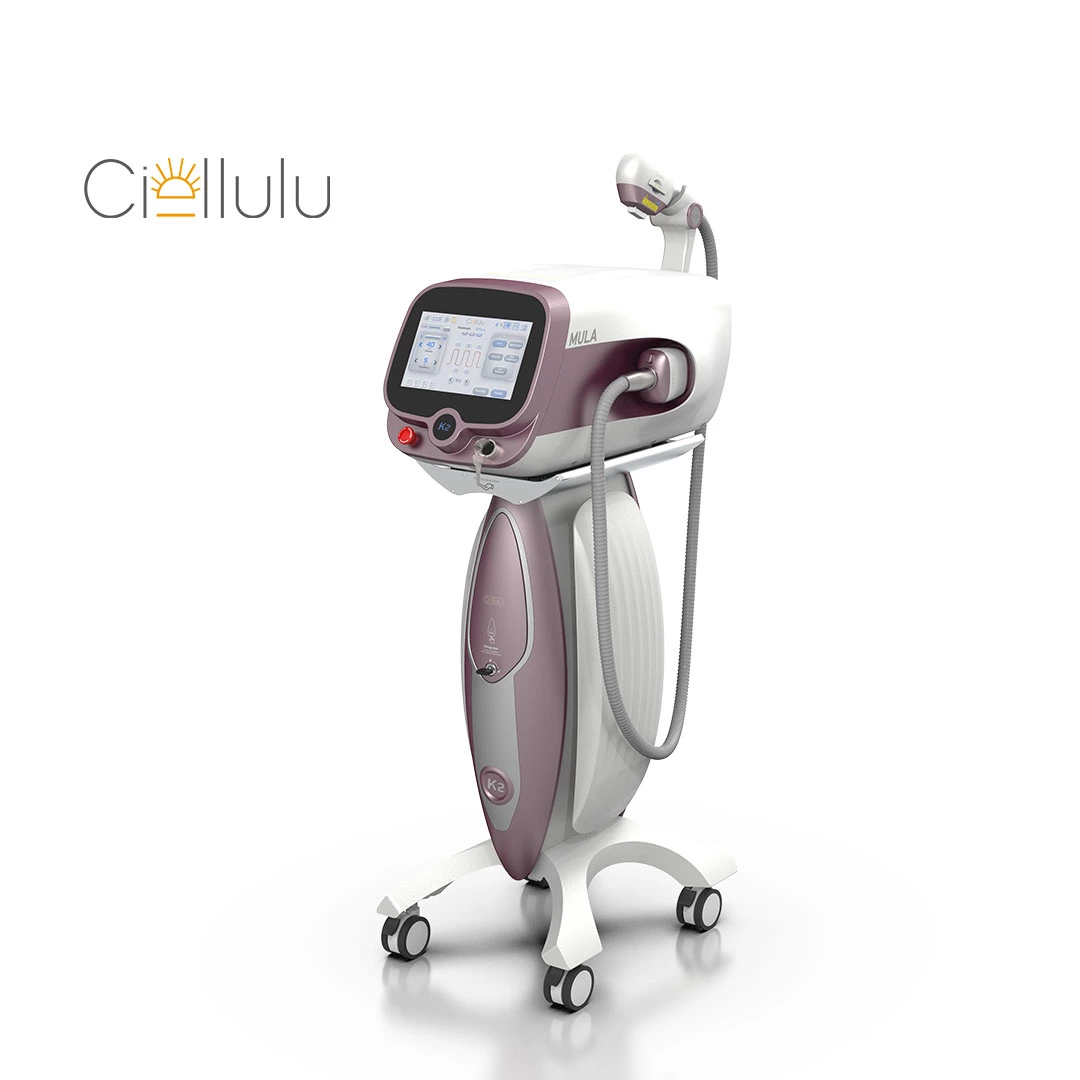
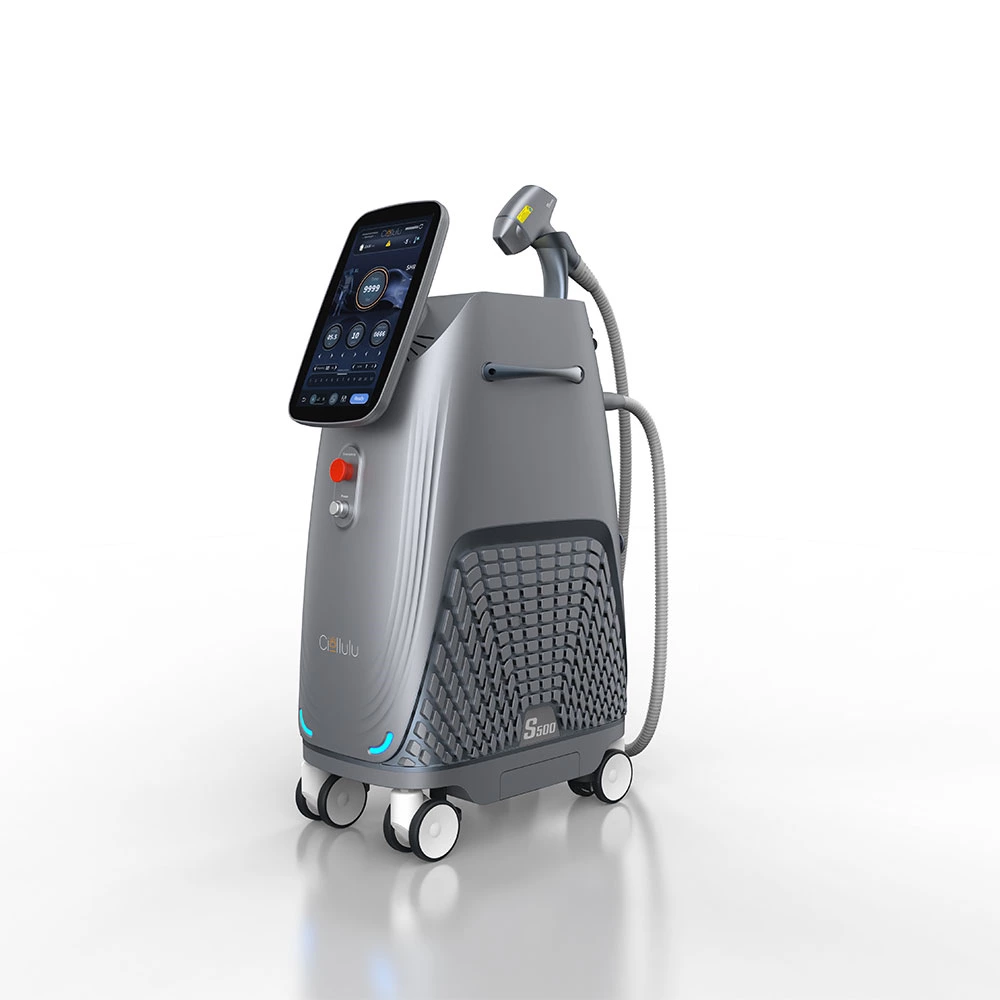
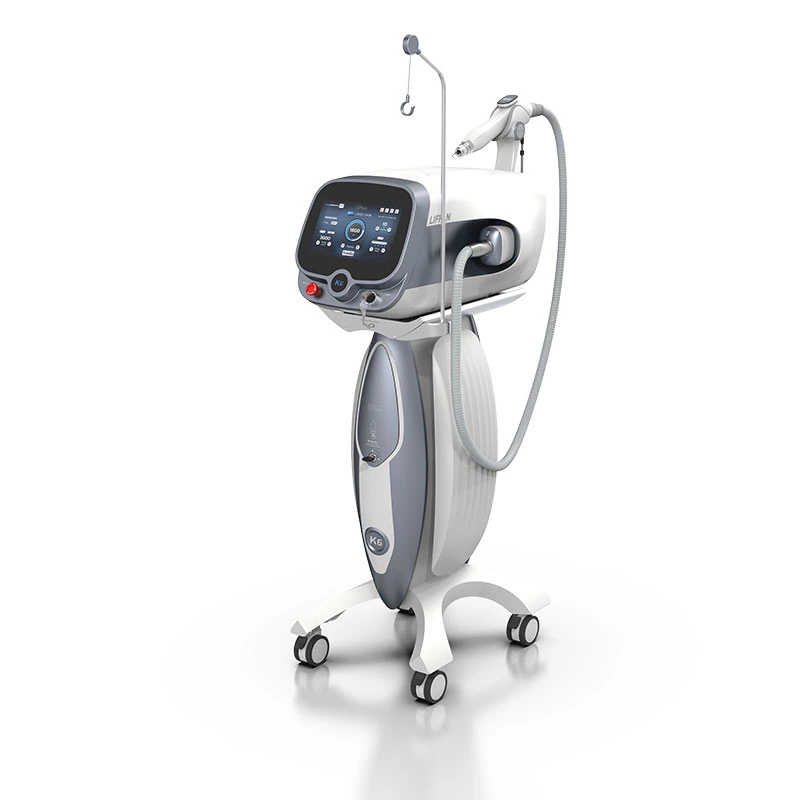
 Ciellulu Laser - Facial Machine Supplier
Ciellulu Laser - Facial Machine Supplier